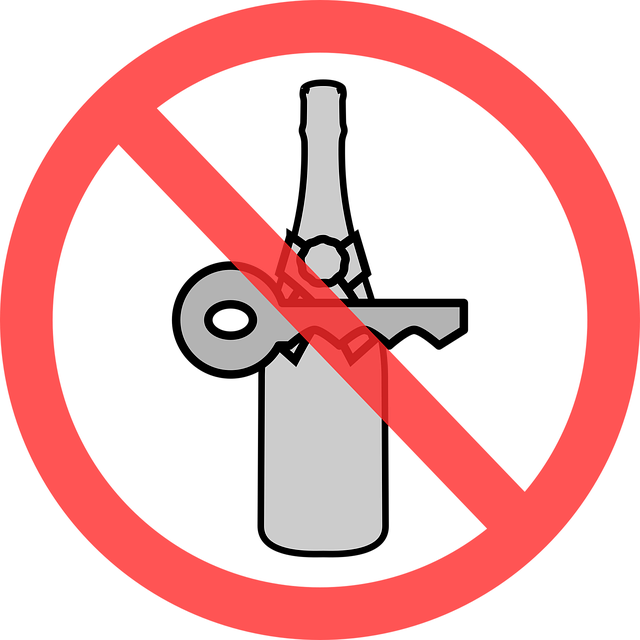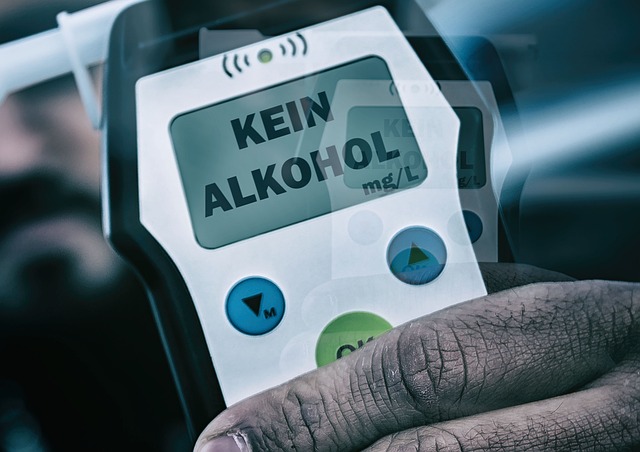Global immigration patterns significantly impact traffic safety through cultural norms and language barriers that influence driving behaviors and road regulations, especially regarding DUI (Driving Under the Influence). Disparities in global DUI enforcement result from varying social attitudes, enforcement priorities, and resources. Multicultural societies face challenges in implementing consistent traffic safety measures due to differing local customs and international laws. International cooperation is crucial for addressing these complexities and promoting safer driving practices among mobile populations with diverse Global Immigration and DUI Perspectives.
“Global perspectives on impaired driving reveal a complex web of cultural, legal, and demographic factors. Understanding international immigration patterns offers insights into the global migration of risky behaviors, including drunk driving. This article explores how varying DUI laws across different countries shape driving behavior, with cultural influences playing a significant role in shaping these norms. We delve into the challenges faced by authorities in enforcing DUI regulations worldwide and highlight international efforts to combat this pervasive issue.”
- Understanding Global Immigration Patterns
- DUI Laws Across Different Countries
- Cultural Influences on Driving Behavior
- Challenges in Enforcing DUI Regulations
- International Efforts to Combat Impaired Driving
Understanding Global Immigration Patterns

Global immigration patterns play a significant role in shaping diverse communities worldwide, including those grappling with impaired driving issues. Understanding these migration trends is crucial when addressing Global Immigration and DUI perspectives. Many countries experience an influx of immigrants from various regions, leading to multicultural societies. This diversity can impact traffic safety as different cultural norms and language barriers may influence driving behaviors and attitudes towards road regulations.
For instance, some cultures may have less strict driving laws or different penalties for violations, which could affect how drivers approach impaired driving. Immigrants might also face challenges in adapting to new traffic rules, especially when translating local laws into their native languages. Therefore, a comprehensive understanding of Global Immigration and DUI perspectives requires considering these cultural nuances and developing inclusive strategies to promote safe driving practices among all residents, regardless of immigration status.
DUI Laws Across Different Countries

The global perspective on impaired driving varies significantly across countries, reflecting diverse cultural norms and legal systems. While many nations have stringent laws against driving under the influence (DUI), with strict penalties including fines, license suspension, and even imprisonment, others take a more lenient approach. This discrepancy can be attributed to variations in social attitudes towards alcohol consumption, enforcement priorities, and available resources for law enforcement.
In countries with strict DUI laws, such as those in Northern Europe and parts of Asia, public awareness campaigns and robust policing strategies have contributed to lower rates of impaired driving. Conversely, regions with more lenient regulations, observed in some parts of Southern Europe and the Americas, often struggle with higher accident rates linked to alcohol. Global immigration patterns also play a role, introducing cultural challenges in enforcing DUI laws in multicultural societies where local customs and perspectives may differ from those of the originating legal framework.
Cultural Influences on Driving Behavior

Cultural influences play a significant role in shaping driving behavior across different countries, especially in light of global immigration and DUI (Driving Under the Influence) perspectives. Each society has unique norms and rules regarding traffic laws, often rooted in historical and cultural contexts. For instance, some cultures prioritize individual freedom and independence, which may lead to more aggressive driving styles. In contrast, collectivist societies emphasize group harmony and safety, influencing drivers to be more cautious and considerate.
Immigration patterns also contribute to these variations. When individuals from diverse cultural backgrounds settle in new countries, they bring their driving habits with them. This can create a complex mix of local and foreign driving behaviors on the roads. Understanding these cultural influences is crucial for implementing effective traffic safety measures that resonate with global perspectives, ensuring safer driving practices worldwide.
Challenges in Enforcing DUI Regulations

Enforcing DUI (Impaired Driving) regulations presents a unique set of challenges, especially when considering global immigration perspectives. With borders becoming more porous and international travel increasingly common, identifying and prosecuting impaired drivers who are also non-residents or immigrants can be complex. Law enforcement agencies often face difficulties in verifying the residency status of individuals involved in DUI incidents, leading to potential loopholes in the legal system.
Additionally, cultural differences play a significant role. Global Immigration and DUI Perspectives vary widely across countries, resulting in inconsistent laws and interpretations. This diversity makes it challenging to establish uniform standards for identifying and addressing impaired driving among immigrants. As such, international cooperation and harmonized legislation are crucial steps towards effectively tackling the issue of impaired driving among mobile populations.
International Efforts to Combat Impaired Driving

International efforts to combat impaired driving have gained significant momentum, recognizing the global nature of this issue. Organizations like the World Health Organization (WHO) have led initiatives to promote responsible drinking and reduce drunk driving through educational campaigns and policy reforms. These endeavors often involve collaborating with local communities, law enforcement agencies, and government bodies to implement effective strategies.
The challenge of impaired driving extends beyond borders, especially with increasing global immigration. As populations migrate, it becomes crucial to understand cultural differences in alcohol consumption and its implications. Many countries are now adopting standardized approaches, sharing best practices, and harmonizing laws to address this complex issue, ensuring consistency in efforts to keep roads safe worldwide.
Global immigration patterns significantly impact driving behaviors, as individuals bring cultural norms and local drinking habits when they relocate. This presents a complex challenge for policymakers, especially when comparing diverse DUI laws worldwide. Cultural influences play a crucial role in understanding why some countries have stricter regulations while others take a more lenient approach. Despite international efforts to combat impaired driving through collaborative initiatives, enforcing these measures consistently remains difficult. By considering the interplay of immigration and global DUI perspectives, we can foster better cross-cultural understanding and ultimately improve road safety on an international scale.






